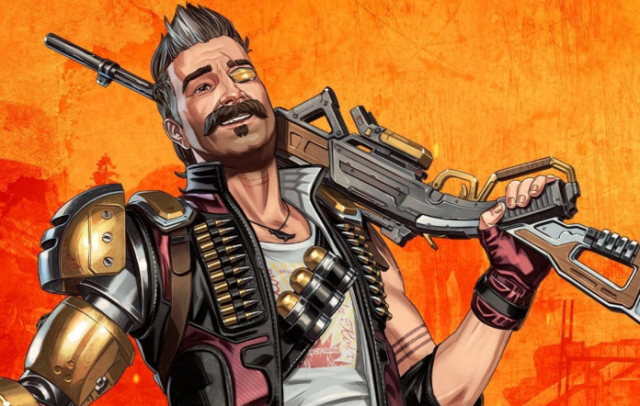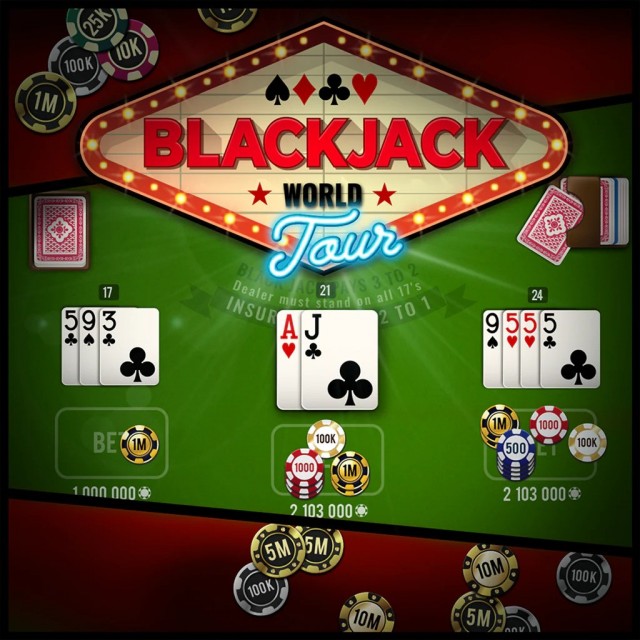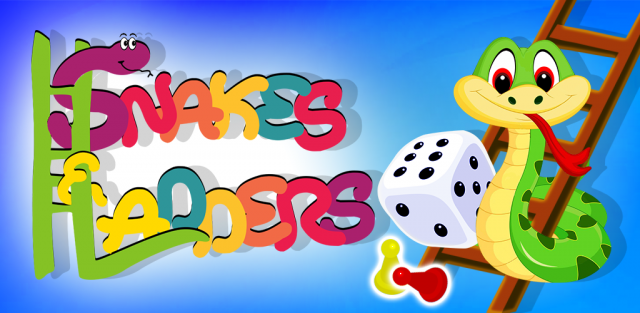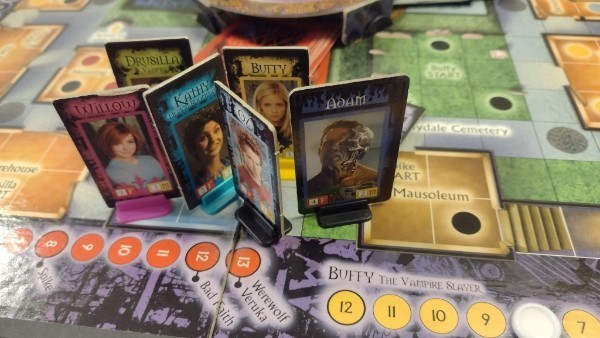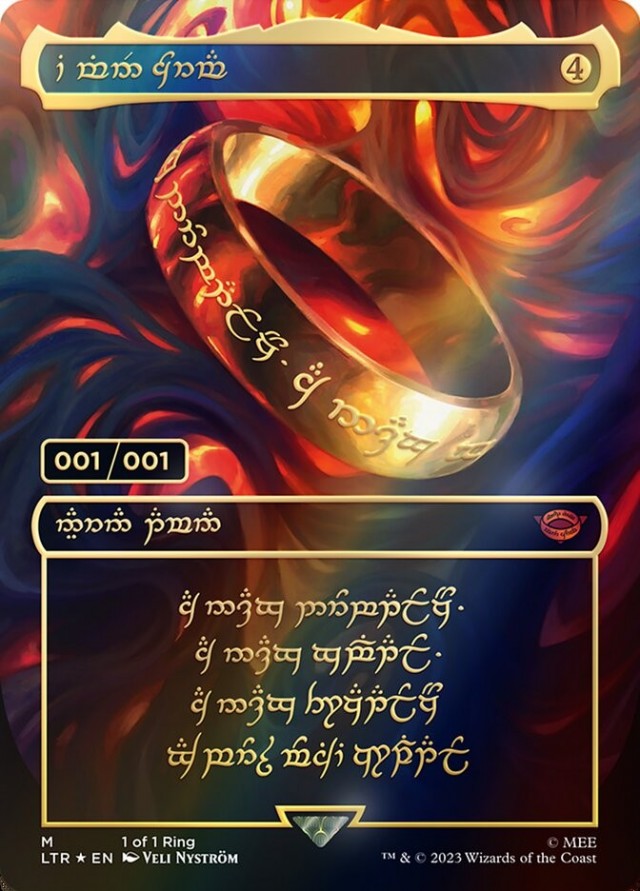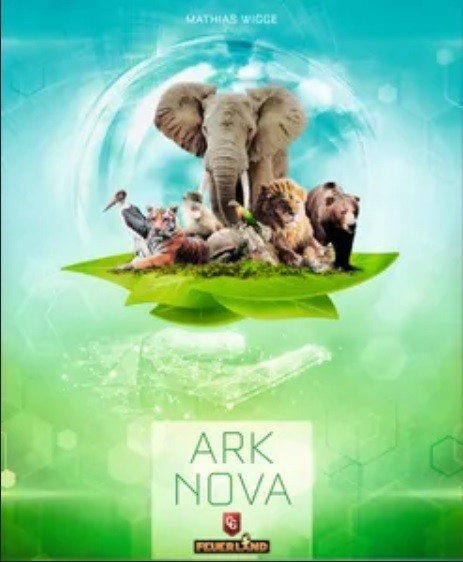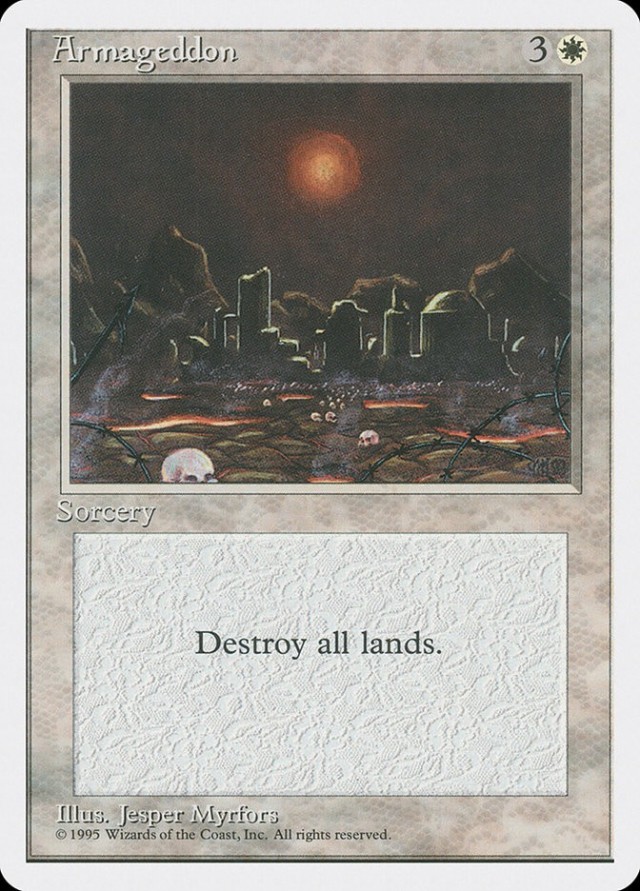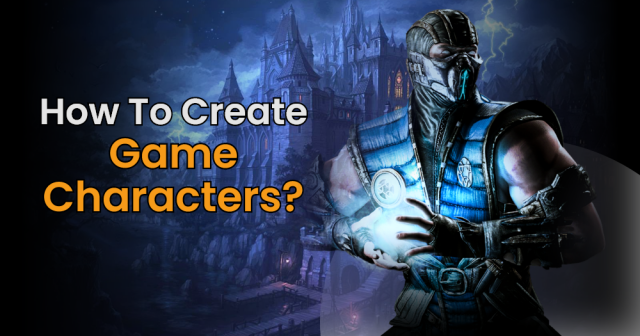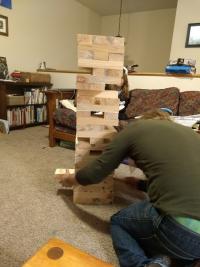This week on Why Do I Own This?, join me as I talk about a game I actually don't remember getting, a monstrous game I'll never play enough, and two games from designer Friedemann Friese.
Dutch Blitz
How did I get this? You know...I'm not quite sure. I feel like my wife might have had it when we got married, but somewhere along the way we picked up a second set. Coming from the American Christian subculture, this is the sort of game, like Rook, where you just accumulate decks without really knowing why.
Why do I still have it? I like Dutch Blitz alright, but the reason I still own it is down to two main factors: it's really more my wife's thing than mine, and I also forget we have it at all. I actually only added it to my BGG collection as I was preparing for this project.
How is it? For those who play games with standard French card decks, Dutch Blitz is a variation on Nertz, a speed game where players play cards from their decks into a series of piles on the table as fast as possible. I've seen no end of variations on this kind of game, like Speed or Spit. Dutch Blitz is ubiquitous in American church youth groups, because for many years those groups avoided playing cards, and because speed games like this appeal strongly to teenagers. By the time I was a teenager playing cards were more common, but Dutch Blitz was still well loved. In the Amish areas of the Midwestern US, it's common in souvenir shops, even embracing an affected "Dutch" accent in the copy on the back of the card pack. But how is the game itself? I would say it's pretty fun for what it is. It's the sort of game that can be rough on card decks, as players rush to place cards in stacks as quick as possible, creasing cards in the process. Therefore having a dedicated deck is a good thing. I've always enjoyed well-done real time mechanics in game design, and this is a game that is ALL real time. If you get a few sets of it you can play with a huge group as well, though at that point you really should just play Nertz, since it'll be easier to sort cards after the game is done. Anyway, for people with issues about playing cards, this is the sort of game they should get. But then again, if someone has issues with playing cards, they probably already own it.
Earth Reborn
How did I get this? Earth Reborn is the result of the biggest size disparity I've ever experienced in a trade. I got rid of Glory to Rome, a game I admire more than I enjoy, for this, a game that I expect I will enjoy way more than I actually play it. Not sure who won this trade, honestly.
Why do I still have it? I haven't owned this one for very long, having acquired it since I moved to the Philippines. It's an enormous box, and it's the sort of game that's hard to get played in the first place, so it probably wouldn't have made the cut if I was going to ship it here. So far it has served as a painting project, since all of its minis are packed in the box with an undercoat already on them.
How is it? Last week I wrote that there's really no game in the world like Duel of Ages II. But I have to amend that statement, because my limited exposure to Earth Reborn shows a game with a lot of the same design philosophy. This is an absurdly big design, filled with detailed mechanics to recreate both melee and ranged combat, searching rooms, and questionably, torture. This is all wrapped in a sort of Fallout-esque coating of post-apocalypse, zombies, and hyper-masculine weaponry. All of those mechanics are introduced progressively through the scenarios, culminating in the full game, which is an auto-generated scenario system. I admire its scope and its attempts to be something far more detailed than most tactical board games, but I do question who this game is actually for. I'm definitely interested in it, but it's the sort of game that doesn't mesh at all with my lifestyle, or with most other people's for that matter. Like Duel of Ages II it requires commitment to make it pay off, but unlike that game it also is primarily a two-player experience. I suspect that most people who bought this game have only ever experienced about 10% of what it offers. I'm confident that when my son is older he'll be all over this, but that's still a few years away. Until then I'll have to be satisfied with the promise of a great game, rather than one I can play enough to fulfill that promise.
Fearsome Floors
How did I get this? I am pretty sure it was a Christmas gift over a decade ago. That means that I likely put it on a wishlist at some point, though I don't remember now.
Why do I still have it? When my kids were really little, Fearsome Floors was one of their very favorite games to play with. The reason? The monster, which comes with lots of different pieces you can mix and match to make whatever hideous creature you like. There's no reason this has to be in the box, but it's almost enough to make me keep the game on its own. This is also the rare game that my mother really got attached to, to the point where she has actually requested that I not trade it away.
How is it? Designer Friedemann Friese has a lot of great games, but I feel like there's a version of Fearsome Floors that could exist that would be way more fun than the one we got. You wouldn't even need to change much, because there's already a lot to work with here. The overall setting of people escaping a dungeon while chased by a monster is really fun, and the rudimentary AI that controls the monster is one of the more clever bits of design Friese has done, which is saying something. But this game also feels mired in the bad parts of early 2000's Euro design, in that it's afraid to really cut loose. Most of the game is deterministic, and it will always favor people who can calculate the monster's movement and how it will intersect with player movement. It's the sort of game that will always just favor the people who are naturally good at it. That's not necessarily a problem, but this setting just cries out for a bit more chaos. It needs some way for calculation to fail you, and for people who aren't good at that kind of thing (like me) t succeed, even if just by luck. It's a surprisingly cerebral game, when I feel like it needs a touch more zaniness. But that says a lot about my own tastes as well, which favor the zany in general. Maybe Friese designed exactly the game he wanted to, in which case my hat goes off to him. It's just not the game I keep hoping it could be.
Felicity: The Cat in the Sack
How did I get it? Every now and then I get the urge to pick up a couple of small games. These games often get cycled through, because they represent an experiment on my part. This particular time I got For Sale and this game, then called Felix: The Cat in the Sack. I love both games, so on that occassion everything worked out.
Why do I still have it? Because it's a great game, that's why. It's not often recognized as one though, generally regarded as a minor point in the Friedemann Friese ludology. But to my thinking it's one of the best simple auction games from an era when such games were very common. My wife kind of hates this game, as have several other people I've introduced it to. Basically, no one seems to like it as much as I do, so I feel like it has to stay forever, just to keep the faith.
How is it? I think one of the things tripping people up with The Cat in the Sack is that it's really a bluffing game more than an auction game. It's almost impossible to accurately value lots, because the players know so little about what they are actually buying. It presents a lot of great opportunities to jerk people around though, because you can put some garbage cards in the lot and then bluff people into over-paying for it. This is also one of those games where being the first player actually kind of sucks. You can put in a low bid to open, then watch everyone pass and leave you with an enormous pile of garbage. The result is a game that is not just mean, but also capricious, and I just love it. Part of this is because it's exactly the sort of thing I love in games, bluffing and schadenfreude. But there's actually some strong design here too. As it's set up, it's very easy to bluff people, and the closed economy of the game can create some real scarcity. You get a little bit of money for passing, which means it's sometimes tempting to hang around a while and back out. These are all interesting wrinkles that can occasionally unravel in hilarious fashion. That's why this is one of my favorite short games, one that is now obscure enough that it can be trotted out for people who have never played it, surprising and sometimes even delighting them.
Five Tribes
How did I get it? This was another review copy, this time from the year or so I spent as a staff writer for the dearly departed Review Corner over on Miniature Market. I also reviewed the first two expansions for them, because this was an unexpected hit with me.
Why do I still have it? Well, I nearly didn't. I like Five Tribes a lot, but it doesn't work for everyone the way it does for me. As a result I originally left it in the US without selling it, and my parents eventually shipped it to me in a Christmas package. I'm glad, because I've had the chance to play it a couple times since getting it back, and it's held up very well for me.
How is it? Five Tribes reminds me of an earlier time in gaming, when people eagerly awaited the new Alea big box release, and the predominant design ethos was one of balance and depth over experience and emotion. It also represents my early involvement in the hobby, so apart from all else Five Tribes triggers some serious nostalgia for me. I don't have many games like this one anymore, so it provides a little balance to all the chaos and silliness I tend to favor. Not that there isn't a touch of chaos in Five Tribes. The board state changes drastically from turn to turn, to the point where your plan for your next turn needs at least two backups. It's also the sort of game where everything produces points, and while I can't be sure I feel like all of the methods of scoring stand a decent chance of winning the game. It's all very mechanical, and there's still the pervasive Orientalism that is all too common in European board games, but it works for me. The expansions, particularly Artisans of Naqala and Whims of the Sultan, are both worthwhile, and they do go to great lengths to integrate not just with the base game, but with each other. You can play a very big game with both expansions that will be deep and satisfying, though it may take kind of a long time. There's also the smaller Thieves of Naqala, which kind of floats on top of the game like a bubble on water. Combine all of that with the usual graphical excellence from Days of Wonder, and Five Tribes has proven to be my favorite pure Euro design of at least the last five years, perhaps longer.
Next week: Four classics in four different genres, and another small game that is...less of a classic.
 Games
Games How to resolve AdBlock issue?
How to resolve AdBlock issue? 